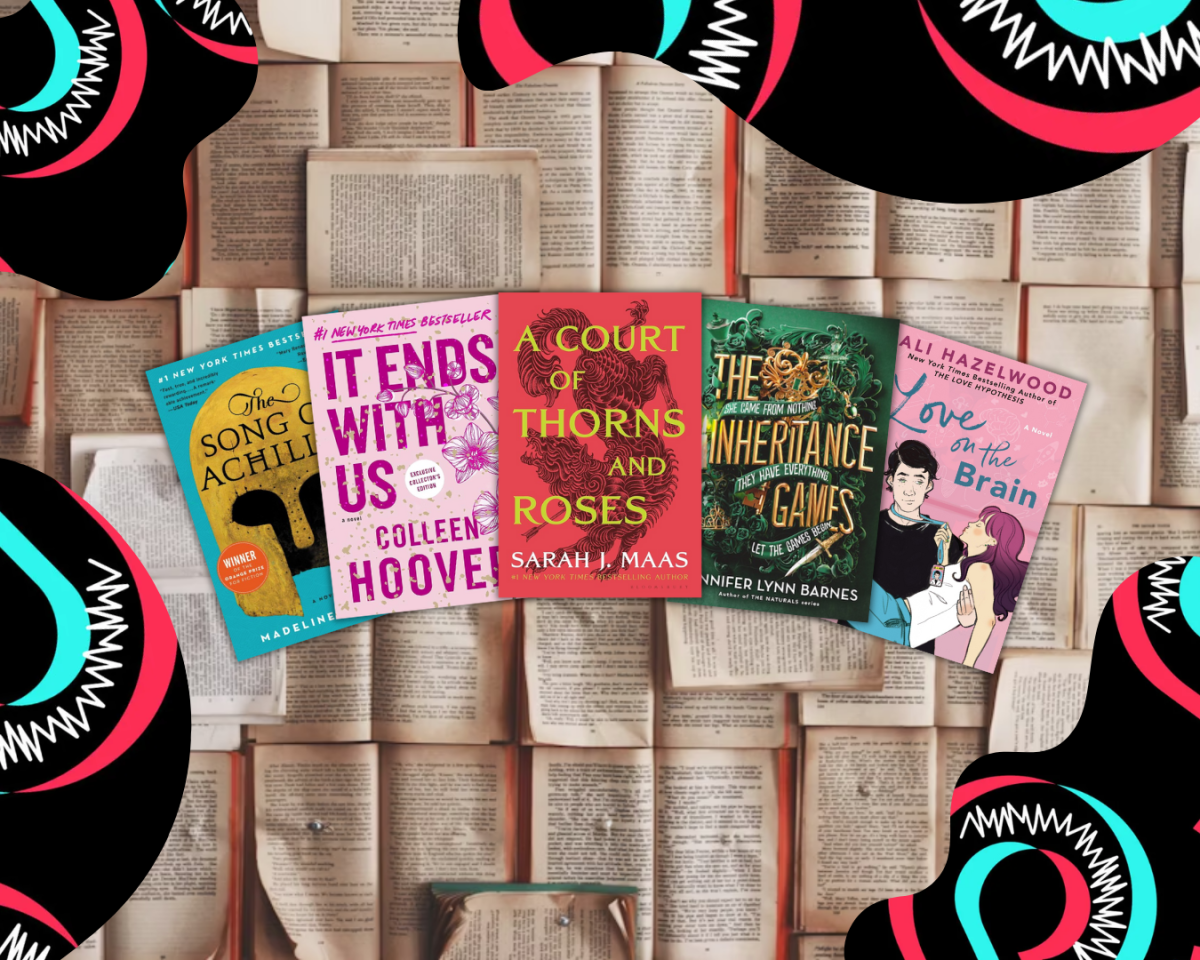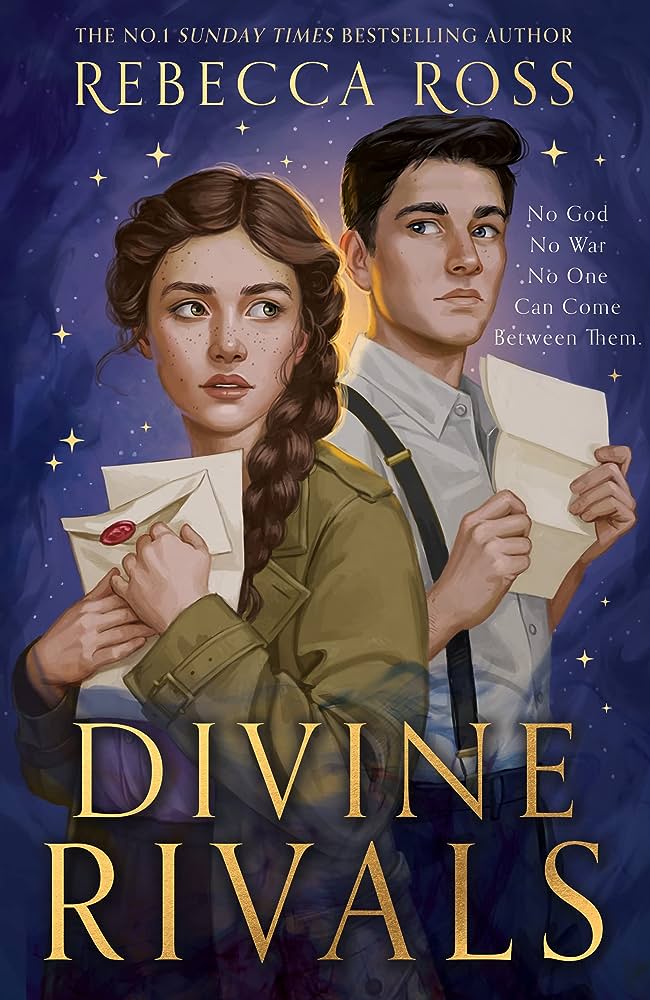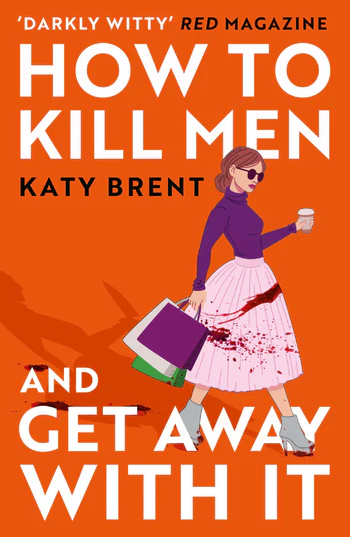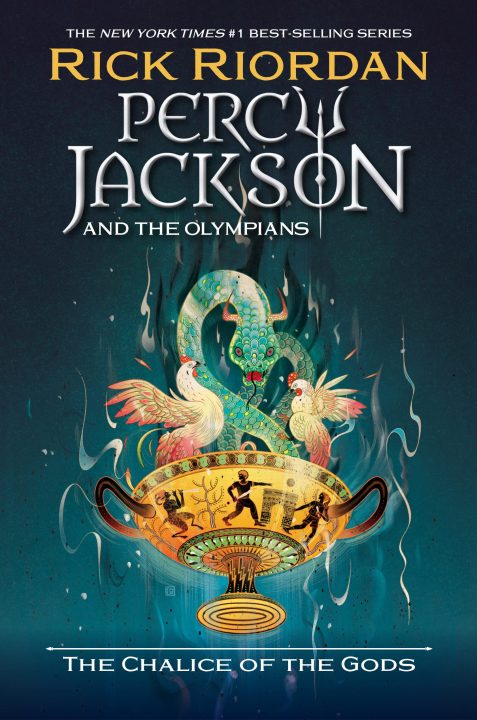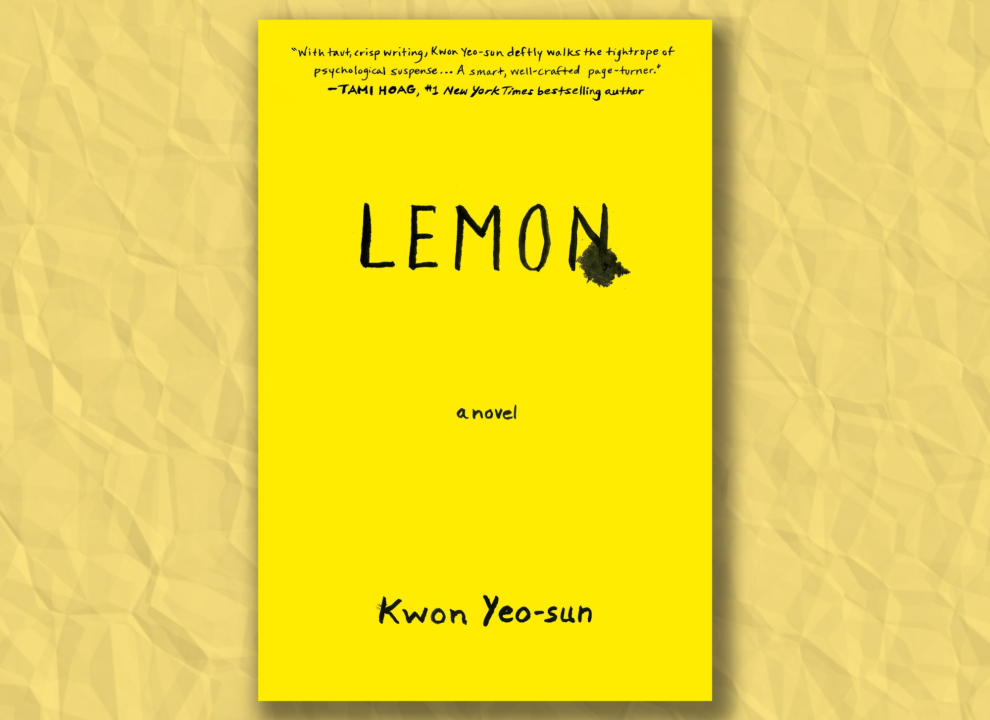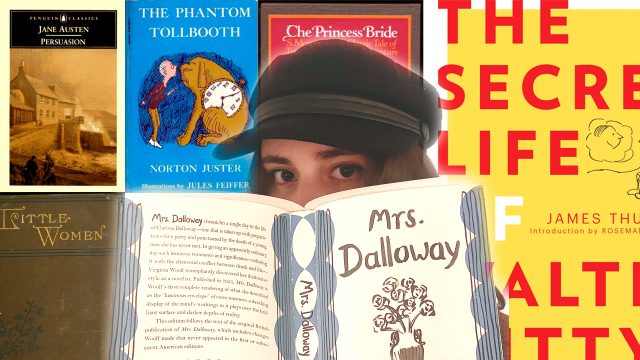
The abstract role that literature plays in each of our lives is never one and the same. For some, the act of reading a novel is often a cathartic, otherworldly experience; the words that flow on the page can cause the pressures of the real world to slowly disappear. Contrastingly, for others, absorbing literature is of no more interest than the stories which appear in miscellaneous news outlets.
I, for one, am an avid admirer of all things book-related. Book lovers, book nooks, book-shaped earrings, authors of books, public libraries, etc. The list is ever-growing.
Our dazed and confused world has so much to learn from literature, and with increased efforts in the U.S. to censor some of the greatest social commentaries of our time, the importance of looking to both past and modern authors for wisdom is far greater than ever before. To continue The Statesman’s brand-new series titled “The Books That Made Us,” I have assembled a list of five books that have brought me to tears and forced me to reconsider whether the life I lead is as adventurous and whimsical as I would hope it to be.
I implore the reader, if so inclined, to give these books a chance. You’ll laugh, you’ll cry, you’ll swoon — life as you once knew it will be changed indefinitely. Without further adieu, here is my personalized list of the top five books that altered my brain chemistry, and shaped the person I am today:
“Little Women” (Louisa May Alcott)
A bona fide classic. Those who have either previously read what is commonly considered a staple of American Literature or have watched one of the several film adaptations that have been released over the years can willingly admit that we have all secretly wanted to be Jo. From the moment I received and cracked open my copy of “Little Women,” hand-delivered to me by my godmother, I felt truly at home with the March family (Similarly, so did Laurie…).
For as long as I can recall, the heart and warmth behind Louisa May Alcott’s masterpiece would often serve as my emotional support blanket. Following almost every trial or tribulation I would face on a day-to-day basis, I felt compelled to re-experience the tight-knit sisterly bonds shared between Jo, Amy, Beth and Meg all over again, each reread more welcoming than the last. If you ever catch yourself searching for a classical read that is equally inspiring, liberating and heartfelt, look no further than Alcott’s “Little Women.”
“The Secret Life of Walter Mitty” (James Thurber)
Over the years, I have found that full-length novels are often preferred by those who are part of the vast literary community, whereas short stories are prone to being dismissed. “The Secret Life of Walter Mitty” is an addictive yet realistic depiction of how desolate living can sometimes feel when we are consumed by our responsibilities and the stressors of our daily routines. Though I could be biased, Thurber’s incredibly imaginative and thought-provoking short story is an extraordinary tale for avid readers of any and all ages.
Mitty’s distracted character is symbolic for anyone who has ever felt emotionally trapped in a vicious cycle or has resorted to daydreaming the day away to numb societal pressures. I must have acquired my copy of “The Secret Life of Walter Mitty” shortly before I turned 14. I continued to revisit James Thurber’s short story for many years afterward, all the way from middle into high school. At the moments in which my life has felt lacking in thrills, rendezvous or spontaneous adventures, I would often turn to the pages of Thurber’s short story to escape reality alongside Walter Mitty.
“Persuasion” (Jane Austen)
I would not be the English Teacher Preparation major that I am without including at least one work from arguably one of the most influential writers in literary history. You may have watched at least one of the copious Jane Austen book-to-screen adaptations released over the years (“Pride and Prejudice,” “Sense and Sensibility,” “Emma”), or maybe even a biopic or two (“Becoming Jane,” “Miss Austen Regrets”). As helpful as these films can be in bringing Austen’s words to life, none can compare to her eloquent prose or stunning use of Victorian-era language.
I can reluctantly admit I did not read “Persuasion” until fairly recently, and only at the recommendation of a friend. The first time I picked up my copy of this long-time fan favorite was this past summer while on a road trip to visit my relatives in New Jersey. Even reading one of Jane Austen’s novels is an unforgettable experience, and it no doubt shaped my perception of the complexities of love and relationships, as well as the ethics behind persuasion and moral obligation. “Persuasion” is a novel for the ages.
“The Phantom Tollbooth” (Norton Juster)
Oh, the bittersweet memories that I associate with this book. I must have been at least five or six years old when “The Phantom Tollbooth” crossed my ears for the first time. Being sat alongside my mother as she read Norton Juster’s book aloud to me in the form of a sweet, hypnotic lullaby lives permanently in my memory bank. It wasn’t until a subsequent reread shortly after that I began to appreciate the eccentric language and the deep sense of nostalgia that the book was, and still is, laced with.
A covert part of me had wished I could move to the Lands Beyond. Growing up and strongly resonating with Milo’s character and his chronic boredom was an all-encompassing experience. “The Phantom Tollbooth” motivated me to reevaluate my relationships with the natural world, those that were a part of it and whether I would be inclined to seize the day’s opportunities, or let them pass me by instead. To quote Juster, “You can swim all day in the Sea of Knowledge and still come out completely dry.” If you would be interested in a fanciful book that is riddled with wordplay and beauty, I highly recommend “The Phantom Tollbooth.”
“The Princess Bride” (William Goldman)
“Hello, my name is Inigo Montoya. You killed my father. Prepare to die.” “As you wish.” “Inconceivable!” “Anybody want a peanut?” Though the 1987 film adaptation of “The Princess Bride” did include a myriad of colorful embellishments and notorious one-liners that are still referenced today, William Goldman’s fantastical written romance makes for an equally thrilling experience; some could even argue that Buttercup and Westley’s love story was even more animated on the page.
If I can recall correctly, I was first exposed to the literary masterpiece that is “The Princess Bride” shortly before I turned 13. On what was another exhaustive family road trip to Boston, Ma., I absorbed my copy of Goldman’s quintessential novel in a matter of hours. Though I am unsure whether I will ever fully recover from the gruesomely vivid chapter which portrays Prince Humperdinck’s “Zoo of Death,” “The Princess Bride” is a testament to the things we each ought to hold dear in our lives: romance, friendship, loyalty, peanuts and above all, the art of storytelling.
—
Books are, and always have been, far more complex than words inscribed on a page — they contain lessons of life and often serve as mirrors to our puzzled realities. While this list does include the books which I often credit as the beginning of my love for storytelling, it is also a collection of the thoughts and experiences from inspirational authors who I continue to admire and learn from today, despite having read these books during my adolescence.











